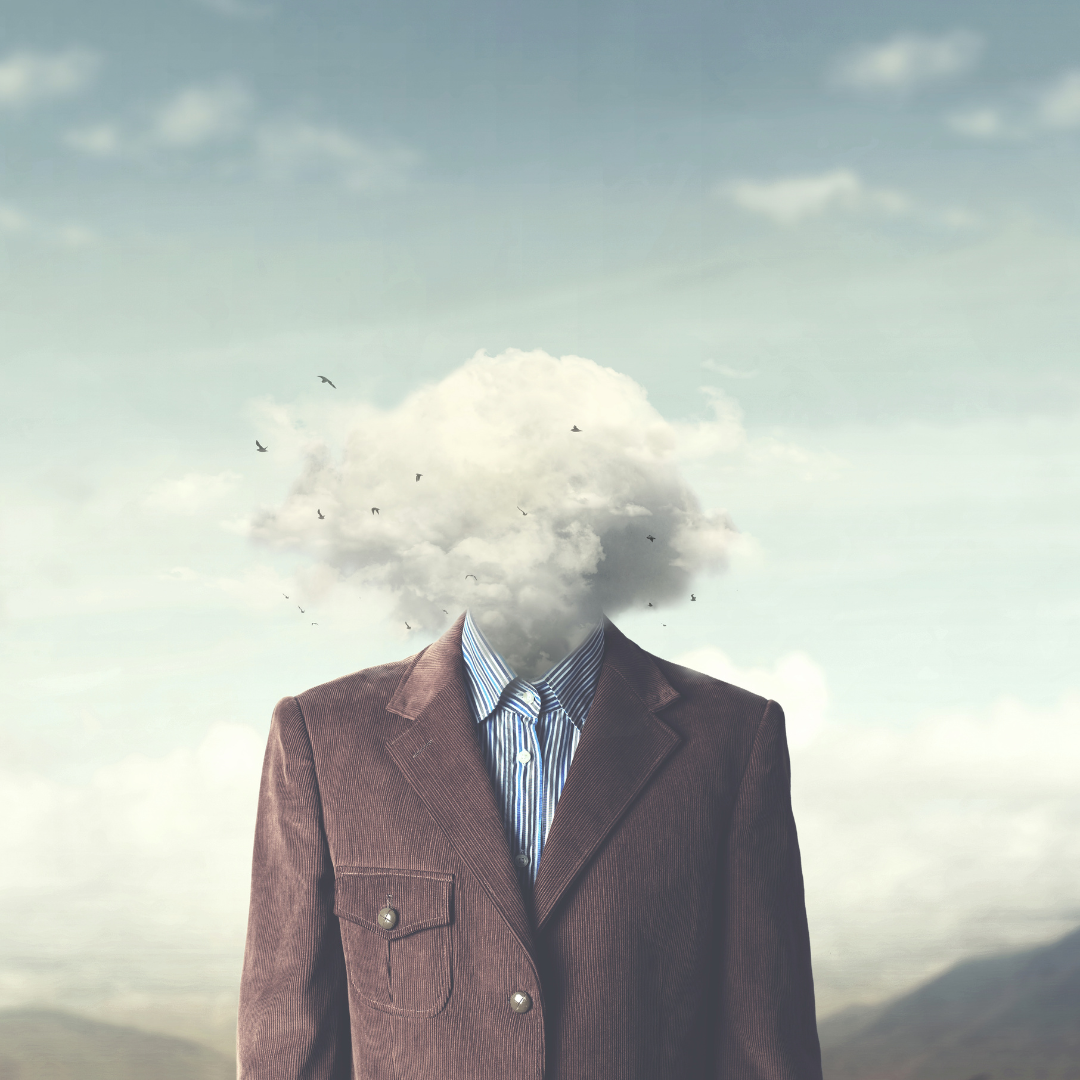Breaking the Taboo: The Importance of Therapy for Men
In our society, men are often taught to suppress their emotions, leading to a stigma around the pursuit of mental health support. This journal post delves into why therapy is crucial for men, especially those who have experienced childhood trauma, and aims to break the taboo surrounding men seeking help.
The Weight of Childhood Trauma
Childhood trauma can leave a profound impact on an individual’s life. For many men, these experiences lay the groundwork for future emotional and psychological difficulties. Childhood trauma can manifest in various forms, including physical, emotional, or sexual abuse, neglect, witnessing domestic violence, or enduring the loss of a loved one. The effects of these traumas can be far-reaching, affecting men’s ability to form healthy relationships, succeed in their careers, and manage everyday stress.
The coping mechanisms that young boys often develop can become maladaptive in adulthood. They might include emotional suppression, aggression, or self-isolation. These strategies, while perhaps necessary for survival in a troubled youth, can hinder personal growth and emotional resilience later in life.
The Importance of Therapy for Men
- Understanding and Processing Emotions: Therapy provides a safe space for men to explore and understand their emotions, rather than suppress them. Emotional suppression is linked to adverse effects such as increased stress, anxiety, and depression. Therapy can teach men how to effectively process their emotions, leading to improved mental health.
- Dealing with Childhood Trauma: Therapists specialise in techniques that help individuals address and heal from their childhood wounds. Methods like cognitive-behavioral therapy (CBT), eye movement desensitisation and reprocessing (EMDR), and psychodynamic therapy are particularly effective in dealing with the aftermath of trauma.
- Improving Relationships: By addressing their emotional wounds and learning better communication skills, men can improve their relationships with partners, family members, and colleagues. Therapy can help men move from potentially destructive interpersonal patterns to healthier, more fulfilling interactions.
- Enhancing Self-Esteem: Childhood trauma can significantly impact self-esteem. Therapy helps men rebuild their self-image and combat negative self-perceptions. A healthier self-esteem leads to better decision-making and a more satisfying life.
- Breaking the Cycle: Many men fear seeking therapy because they worry about appearing weak. However, taking the step to engage with therapy is a sign of strength. It shows a commitment to improving oneself and breaking free from the cycles of trauma and emotional suppression.
Why Men Should Seek Therapy
Seeking therapy is a vital step for any man struggling with the effects of childhood trauma, or simply seeking to improve his mental health. It’s a proactive approach to dismantling the outdated stigma that men must handle problems on their own. Therapy offers the tools and support necessary to navigate life’s challenges in a healthy, adaptive way.
Therapy Options for Men
No matter what challenges you’re facing, support is available. Below are various therapy options tailored for men:
- Psychodynamic Therapy: As depicted by Dr. Melfi in “The Sopranos,” this therapy explores how early relationships shape your current interactions and feelings.
- Behavior Therapy: This method addresses certain behaviors that may arise from past traumas or experiences, helping you alter your reactions to specific triggers.
- Cognitive Behavioral Therapy (CBT): CBT merges behavior therapy with cognitive therapy, concentrating on how your thoughts and beliefs influence your emotions and actions.
- Humanistic Therapy: Based on the principle that you are the best expert on your own thoughts and experiences, this approach emphasizes self-actualisation to enrich your life.
- Mindfulness-Based Therapy (MBT): This therapy increases your awareness of your reactions to thoughts and emotions, enabling you to handle them more effectively. Techniques often include breathing exercises and mindful meditation.
- Arts or Creative Therapies: These therapies allow you to express and explore your thoughts and emotions through creative activities such as music or painting.

Each person’s unique traits and needs may make some therapies more effective than others. Recognising the need for help, combating stigma, and seeking appropriate mental health care are crucial steps towards well-being.
It’s time to break the taboo and normalise therapy for men. Mental health is a critical aspect of overall well-being, and no one should feel compelled to struggle in silence. Therapy is not about weakness; it’s about taking control of your life and making a commitment to a happier, healthier future. Men, just like anyone else, deserve the opportunity to heal, grow, and thrive.
Read our latest journal posts

The Silent Wound: Understanding the Lasting Impact of Childhood Emotional Neglect
Written by Sarah GilliganWhen we think of childhood trauma, we often picture overt abuse—yelling, violence, or abandonment. But there’s another kind of trauma that leaves no visible scars, yet quietly shapes the way we see ourselves and relate to the world:...

The Ethics of Reality TV
Reality television has long been criticised for its behind-the-scenes machinations, but few shows spark as much debate as Married at First Sight Australia (MAFS). With its unique premise—matching complete strangers in legally binding marriages—the show claims to be an...
